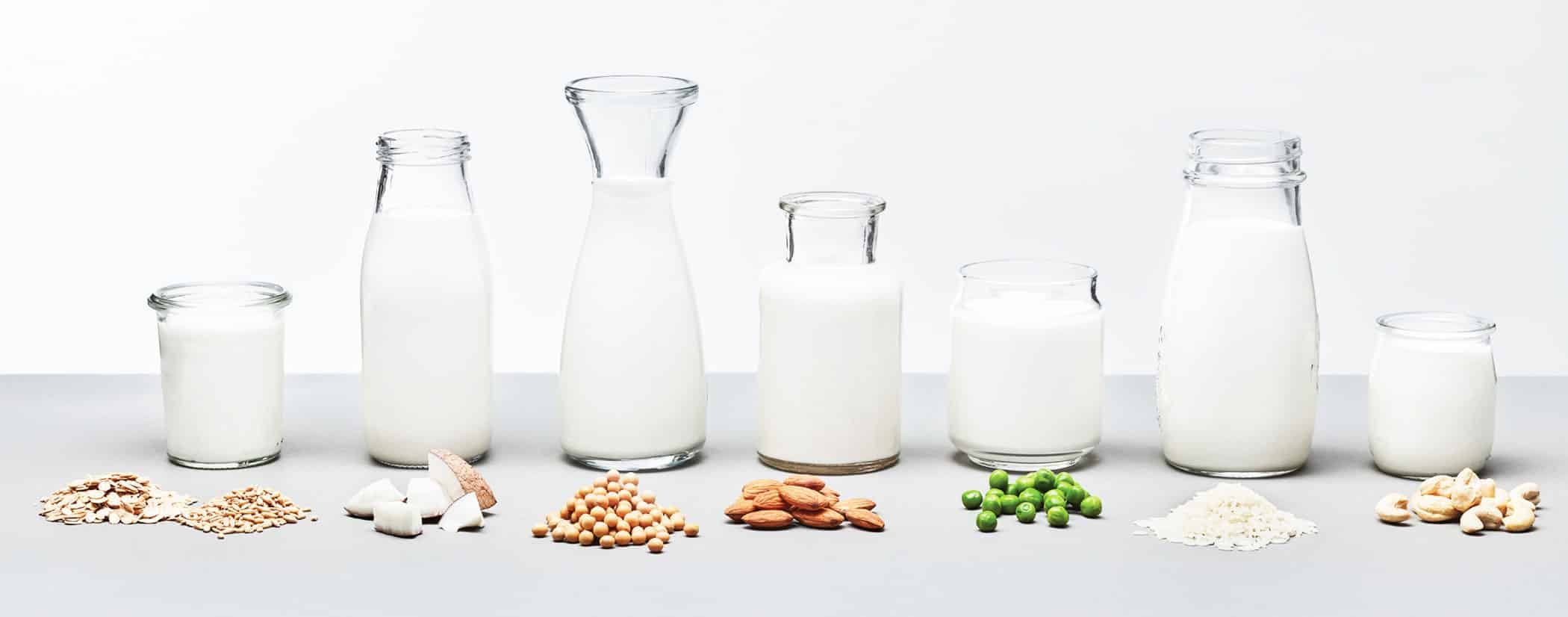Herbal milk refers to milk that has been infused with herbs, spices, or other natural ingredients for added flavor and potential health benefits. Here are some reasons why someone might choose to use herbal milk:
Flavor: Herbal milk can add a unique and delicious flavor to beverages like coffee, tea, or hot chocolate.
Digestive health: Certain herbs, like ginger or fennel, are known to aid in digestion and can help soothe an upset stomach. Adding these herbs to milk can create a soothing and calming drink that can be beneficial for those with digestive issues.
Sleep aid: Chamomile is a popular herb used in herbal milk recipes for its calming properties, which may help promote relaxation and better sleep.
Immune support: Herbs like turmeric, cinnamon, and cloves are known for their anti-inflammatory and antioxidant properties, which can support immune health.
Nutritional benefits: Some herbs, like nettle or oatstraw, are nutrient-dense and can add vitamins and minerals to the milk.
Dairy-free options: Herbal milk can be made using non-dairy milks like almond, soy, coconut, oat, rice, kashew milk, making it a great alternative for those who are lactose intolerant or have a dairy allergy.

It’s important to note that while herbal milk can have potential health benefits, it’s always a good idea to consult with a healthcare provider before adding new herbs or supplements to your diet, especially if you have any medical conditions or are taking medications.
Reasons for Improving Plant Milk Production
Health concerns: Many people are turning to plant-based diets for health reasons, such as reducing the risk of heart disease, high blood pressure, and diabetes. Plant milk is an important part of a plant-based diet, and improving its production can help make it more widely available and accessible.
Environmental concerns: Plant milk production is more sustainable than dairy milk production, as it requires less water and land use and produces fewer greenhouse gas emissions. Improving plant milk production can help reduce the environmental impact of the dairy industry and promote more sustainable farming practices.


Animal welfare: The dairy industry is known to have animal welfare concerns, and many people are choosing plant milk as a more ethical alternative. Improving plant milk production can help promote animal welfare and reduce the need for animal-based products.
Market demand: The market for plant milk is growing rapidly, and improving plant milk production can help meet the increasing demand for plant-based products.
Innovation: As plant milk production improves, there is more potential for innovation in product development and new types of plant-based milks, such as those made from underutilized crops or plant-based proteins.
Overall, improving plant milk production is beneficial for health, the environment, animal welfare, market demand, and innovation. By making plant milk more accessible and sustainable, it can help promote a more sustainable and ethical food system.
Homogenizers Are Valuable For Plant Milk Production For Several Reasons
Consistency: Homogenization helps to create a consistent texture and appearance in plant milk. This is especially important for plant milks that tend to separate or have a gritty texture, such as almond, coconut, oat, rice milk.
Stability: Homogenization helps to improve the stability of plant milk by preventing separation or clumping. This is important for maintaining the quality of the product and extending its shelf life.


Better taste: Homogenization can help to improve the taste and mouthfeel of plant milk by creating a smoother and more uniform texture. This is particularly important for plant milks that are used as a substitute for dairy milk in recipes or as a stand-alone beverage.
Improved functionality: Homogenization can improve the functional properties of plant milk, such as its ability to emulsify or foam. This is important for products like plant-based creamers or barista blends, which need to perform similarly to dairy-based products.
Nutrient absorption: Homogenization can help to increase the bioavailability of certain nutrients in plant milk, such as vitamin D and calcium. This is because homogenization can break down the fat globules in the milk, which can increase the surface area for nutrient absorption.
Overall, homogenizers are valuable for plant milk production because they help to improve the consistency, stability, taste, functionality, and nutrient absorption of the product. This can help to create a higher-quality product that is more appealing to consumers and can help to drive growth in the plant milk market.

























